Choosing the Right Protein Powder: Whey, Plant-Based, Isolates, Blends, and More
Choosing the Right Protein Powder: Whey, Plant-Based, Isolates, Blends, and More
In a world increasingly focused on health and fitness, protein powders have become a staple in the diets of athletes, bodybuilders, and health enthusiasts alike. Serving as a convenient source of high-quality protein, they play a crucial role in muscle building, weight management, and overall health improvement.
With a myriad of options available, choosing the right protein powder can be a daunting task. This comprehensive guide will explore the various types of protein powders, their benefits, and considerations for selecting the one that best suits your needs.
Understanding Protein and Its Importance
Protein is a macronutrient essential for building muscle mass, repairing tissues, and producing enzymes and hormones. It.s particularly important for individuals engaged in regular physical activity, as it helps repair and build muscle tissues that are broken down during exercise. The quality of protein, measured in terms of its amino acid composition and digestibility, is a key factor in its effectiveness (Hoffman & Falvo, 2004).
Types of Protein Powders
Whey Protein
Derived from milk, whey protein is a by-product of the cheese-making process and is one of the most popular types of protein supplements due to its complete amino acid profile and rapid absorption rate.
- Whey Concentrate: Contains about 70-80% protein with some lactose and fats. It's favored for its flavor and relatively lower cost.
- Whey Isolate: More processed to remove almost all lactose and fat, making it higher in protein (about 90-95%) and ideal for those with lactose intolerance.
- Whey Hydrolysate: Partially digested whey, facilitating quicker absorption. It's often used in medical protein supplements and infant formulas.
Plant-Based Protein
An excellent option for vegans, vegetarians, and those with dairy allergies, plant-based protein powders come from sources like peas, rice, hemp, and soy.
- Pea Protein: Rich in BCAAs (branched-chain amino acids), it's a great alternative to dairy-based proteins and is easily digestible.
- Soy Protein: A complete protein that provides all essential amino acids. It's also rich in vitamins and minerals.
- Hemp Protein: Contains essential fatty acids and is a good choice for those looking for a nutrient-rich plant protein.
- Rice Protein: Often combined with pea protein to create a complete amino acid profile.
Casein Protein
Like whey, casein protein is derived from milk. However, it digests slowly, releasing amino acids over a longer period, making it ideal for sustained protein absorption.
Blended Proteins
These powders combine different types of proteins, such as whey with plant-based sources, to offer a broader range of nutrients and a balanced amino acid profile.
Factors to Consider When Choosing Protein Powder
Dietary Needs and Restrictions
Consider any dietary restrictions you may have, such as lactose intolerance or a vegan lifestyle. Plant-based proteins are ideal for those avoiding animal products, while whey isolate is suitable for individuals with lactose intolerance.
Fitness Goals
Your fitness objectives play a crucial role in selecting the right protein powder. For muscle building, whey protein is often preferred due to its high BCAA content and rapid absorption. For weight loss or general health, plant-based proteins can be a more suitable option due to their lower calorie and fat content.
Taste and Mixability
The taste and ease of mixing are important, especially if you plan on consuming protein powder regularly. Some powders may have a gritty texture or a strong flavor that might not be palatable to everyone. (Taste and mixability are at the forefront of the goals of our IsoMode, WheyMode and Vegan Proteins.)
Nutritional Content
Check the nutritional label for calorie, carb, and fat content, especially if you're using protein powder as part of a weight management plan. Also, be aware of added sugars and artificial ingredients.
Price
The cost can vary significantly between different types and brands of protein powder. While it's tempting to opt for cheaper options, they might not provide the same quality of protein or may contain unwanted additives.
The Role of Protein in a Balanced Diet
While protein powders are a convenient way to increase your protein intake, they should not be the sole source of protein in your diet. Whole foods offer additional nutrients that powders can't provide. Incorporating a variety of protein sources, such as lean meats, fish, dairy, legumes, and nuts, ensures a balanced intake of essential amino acids and other nutrients.
Timing of Protein Intake
The timing of protein supplementation can influence its effectiveness. Post-workout is a commonly recommended time to consume protein, especially fast-digesting types like whey, to aid in muscle recovery and growth. However, consuming protein at various times throughout the day is also important to maintain a steady supply of amino acids for muscle repair and growth.
Understanding Protein Bioavailability
Bioavailability refers to the proportion of protein that is digested, absorbed, and utilized in the body. Animal-based proteins, including whey and casein, generally have higher bioavailability compared to plant-based proteins. This doesn't mean plant-based proteins are inferior, but they may need to be consumed in larger amounts or combined with other proteins to meet your amino acid needs.
Specialty Protein Powders
Advancements in protein powder production have led to the development of specialty powders designed for specific needs:
- For Weight Gain: High-calorie protein powders with added carbs and fats.
- For Weight Loss: Low-calorie powders with minimal carbs and fats.
- For Women: Formulas that cater to women's nutritional needs, often with added iron, calcium, and folic acid.
- For Older Adults: Powders with added nutrients to support bone health and muscle maintenance.
As You Can See
Choosing the right protein powder involves considering various factors, including dietary needs, fitness goals, taste preferences, and nutritional content. Whether you choose whey, plant-based, casein, or a blend, it's important to view protein powder as a supplement to, not a replacement for, a balanced diet rich in whole foods. By understanding the different types of protein powders and their respective benefits, you can make an informed choice that supports your health and fitness journey.
References:
- Hoffman, J.R., & Falvo, M.J. (2004). Protein: Which is Best?. Journal of Sports Science and Medicine, 3(3), 118-130.
- Phillips, S.M., & Van Loon, L.J.C. (2011). Dietary protein for athletes: From requirements to optimum adaptation. Journal of Sports Sciences, 29(sup1), S29-S38.
Always Remember...
We would love to hear your thoughts on this, or any other article we write, so please, drop us your comments, ideas, input, and suggestions in the comments below.
And, by all means, if you think anyone in your world might like something we write, use the share buttons below to help us spread the word!
Until next time...PROGRESS, not PERFECTION!
Don't forget, always consult your physician before making any changes to your diet or exercise regimen.
Live a 3D Life...Decisions Determine Destinations!


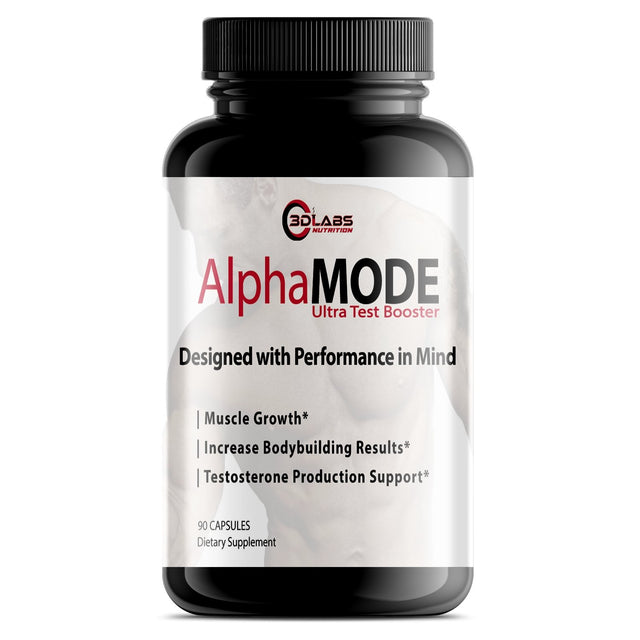
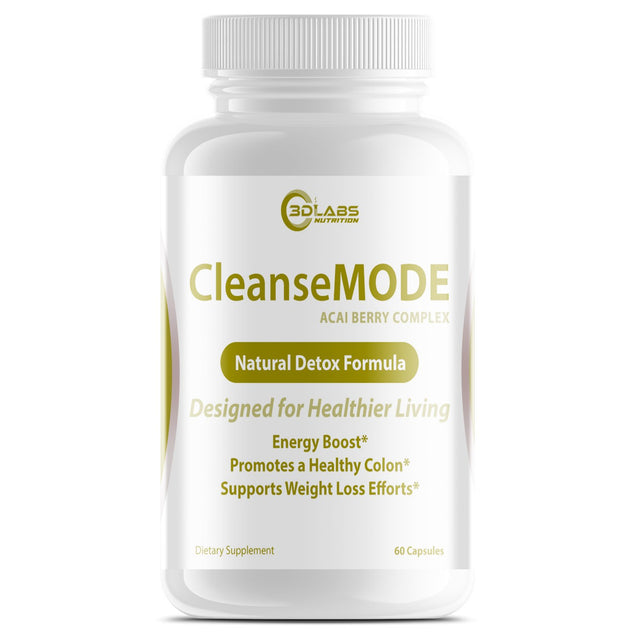
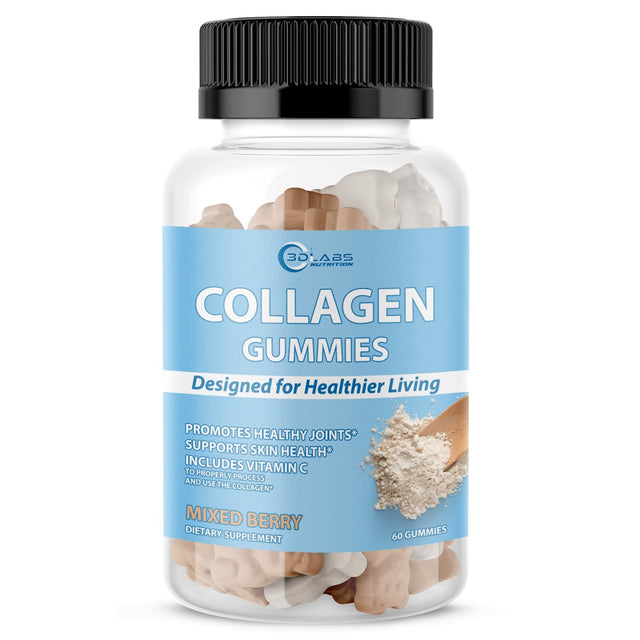
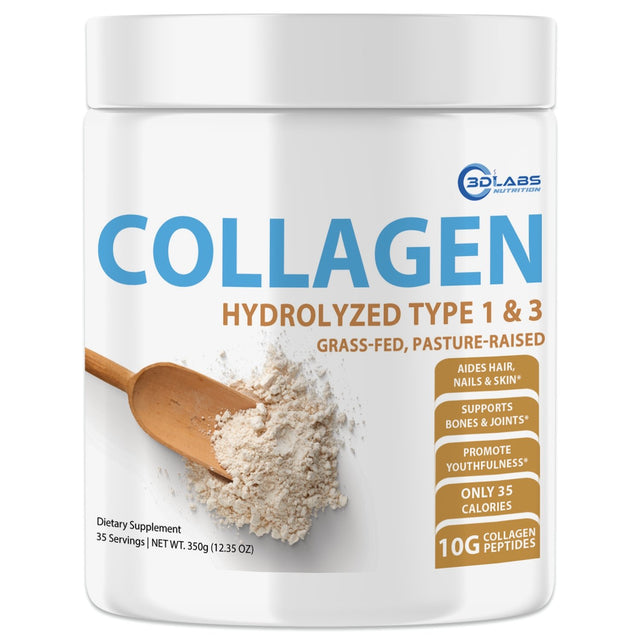
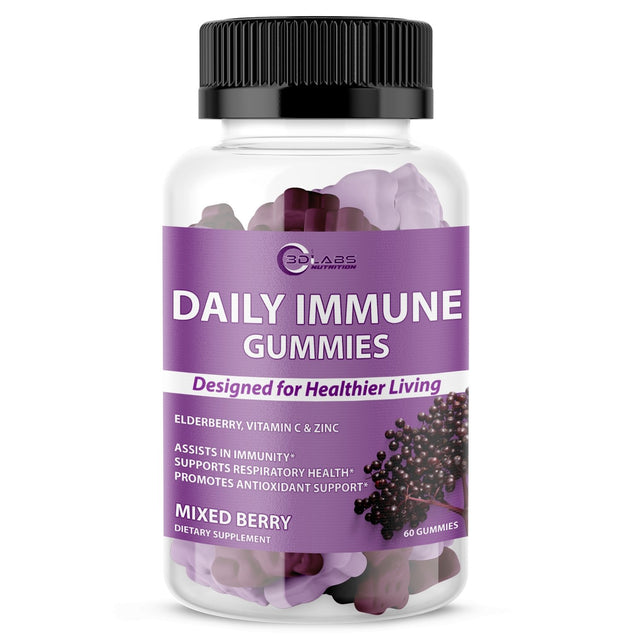
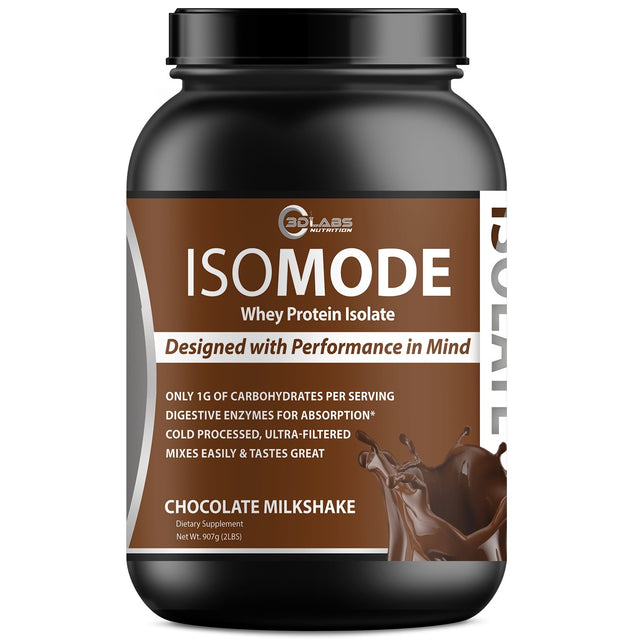
0 Comments
There are no comments for this article. Be the first one to leave a message!